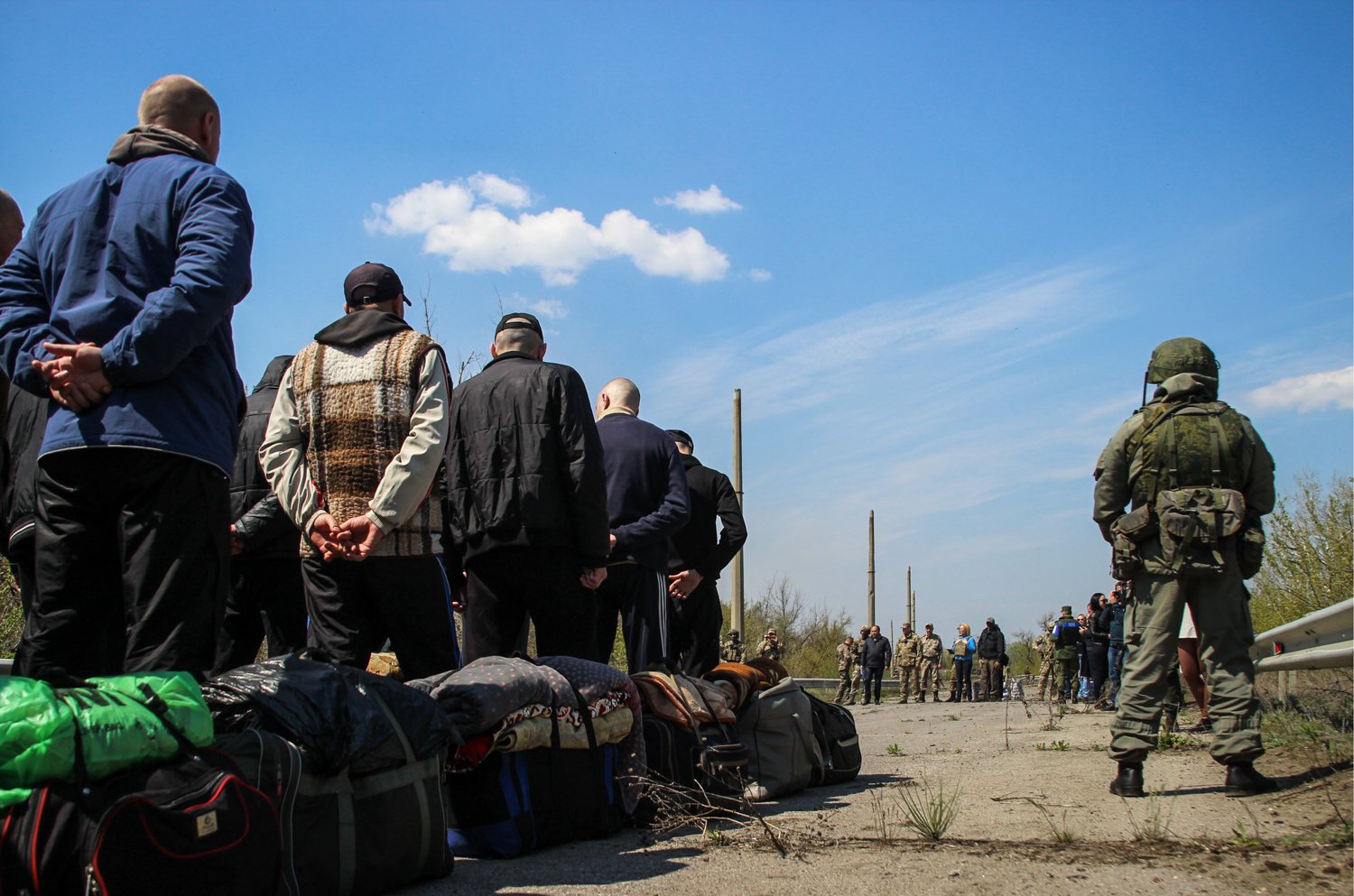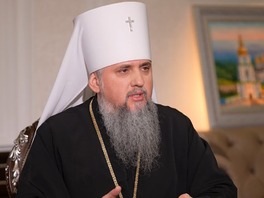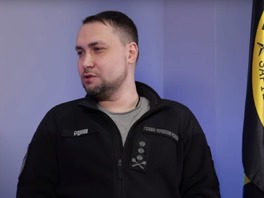As Europe seems to have forgotten about one of the biggest security threats on its Eastern frontiers since the Cold War, Ukraine remains caught in a smouldering conflict of which there’s no escape. Although the casualties don’t seem as great anymore as they once used to be, an endless stream of gruesome stories make their way from the occupied territories throughout the rest of Ukraine. On the borders of “enlightened” Europe, men and women are being submitted to torture and inhumane practices on a daily basis.
Ukrainian news site “Pravda” has posted another series of such stories today, in which women explain the horrifying circumstances in which their husbands have been captured, tortured and sentenced to ten, fifteen or even twenty years of imprisonment in the occupied territories. These testimonials read like dystopian horror stories; surreal accounts which seem more at home in Stalinist Russia than in a modern-day, almost European society. International Humanitarian Law has no power here.
It should, though. The Geneva Conventions clearly lay down the rules of behaviour in times of warfare, yet they have gone ignored by both sides of the conflict. One of the decisive factors in the application of the Geneva Conventions, concerns the definition of the conflict as an internal or international one. Despite obvious factual proof to the contrary, the Eastern-Ukrainian conflict is formally still defined to be an internally armed conflict, meaning only article 3 of the Geneva Convention is applicable to it.
Murder, mutilation, cruel treatment, torture, outrages upon personal dignity, hostage-taking and sentencing or execution without due process are all acts which constitute a violation of this article. All of the mentioned crimes are currently being committed in Eastern Ukraine, with no international legal repercussions in sight. Stories emerge of a man’s ribs being broken during a beating in which he’s coaxed to confess to cooperating with the SSU. His trial is a laughing stock for democracy: no prosecutor to investigate the case à charge and à décharge, no fair hearings, no proper defence.
It’s shocking that in the past five years, not one violation has yet been investigated by the International Criminal Court, which has the jurisdiction to try such cases when the national system is obviously lacking in its effectiveness.
It’s even more shocking that the fault herein lies with the Ukrainian government, for still not having ratified the Rome Statute, which means that Ukraine isn’t a State Party to the ICC and can’t appeal to the Court to launch an investigation in Ukraine. Currently, the ICC’s public prosecutor has launched an investigation on his own, which is a lot more cumbersome and has been going on for almost five years now, with no end in sight.
Even worse; the Ukrainian government has – to date – yet to incorporate violations of humanitarian law into the country’s criminal code. After five years spent in conflict, Ukrainian politicians haven’t found it in themselves to address this issue, which is extremely negligent, to say the least.
To effectively cope with the current conflict and for the sake of future post-conflict resolution and transitional justice, it’s paramount for Ukraine to act now and face its obligations under International Humanitarian Law. The necessary legal changes have to be made to make sure that those who have committed war crimes will be held responsible for their actions, whether on a national or international level.






